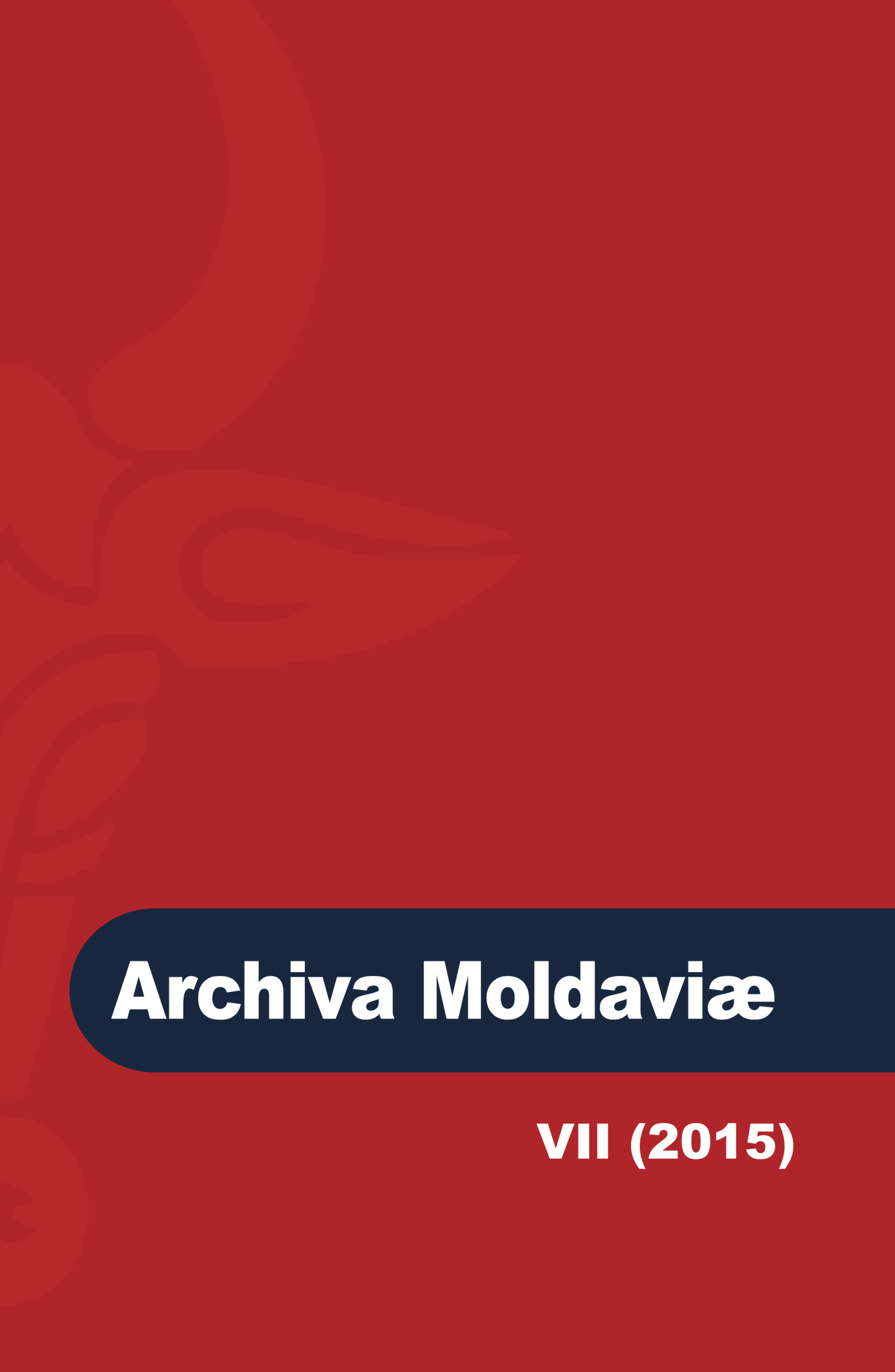Fusing the Horizons. A Criticism of Archival Sources and Oral and Written Accounts in the Study of the History of the Historiography of Communist Romania
Fusing the Horizons. A Criticism of Archival Sources and Oral and Written Accounts in the Study of the History of the Historiography of Communist Romania
Author(s): Francesco ZavattiSubject(s): Post-War period (1950 - 1989)
Published by: Societatea de Studii Istorice din România
Keywords: history of historiography; history-writing; source criticism; communism; Romania; memory studies; post-colonial studies; oral history; Hans-Georg Gadamer; Party History Institute/Institute for Histori
Summary/Abstract: This article is a contribution to the understanding of the bias and limitations that different kind of sources offer to the researcher in the contemporary history. Specifically, the study addresses how the researcher poses him/herself in front of the problems generated by different kinds of source materials, acknowledging Hans-Georg Gadamer’s Truth and Method, and proposes how to deal with the different kind of narratives proposed by the sources. The specific field of investigation chosen for this study is the history of historiography under communism, and specifically of the History Institute of the Romanian Communism Party, a central party institution for history-writing existing in Romania between 1951 and 1990. The researcher have at his/her disposition different typologies of sources for this study, first of all the archival sources conserved at the National Archives of Romania (the archive of the Institute, the funds of the Central Committee of the Romanian Communist Party, the familial fund of the Institute’s director, Ion Popescu-Puţuri), and the funds present at the National Council for the Study of the Securitate Archives on the Institute’s historians. The article demonstrates, relying on a consolidated tradition of historical methodology, that these sources offer several limitations: they already offer a narrative, they are incomplete, and they have been subject to manipulation. A second resource for the historian are the memoires of the historians of the communist period, working at the Institute or in similar institutions. This second kind of sources, analysed trough the instruments offered by memory studies and post-colonial studies, is considerate as biased for numerous reasons: they were written after 1989, in some cases with an apologetic or justificatory intent; the researcher cannot easily distinguish information from the affection of memory, which is generated by the collective and vernacular memory that has been created after 1989. The authors of these autobiographies have imagined and framed the materials of their memory according to the discourses elaborated by a series of social frameworks (and networks) in which they lived, including the national one, and they contributed with their memories to the forging of a new image of the networks in which they are inserted. A third kind of sources is offered by the methodology of oral history, namely interviews with former historians of the Institute. In this case, the advantage for the researcher to create ad hoc sources for the purposes of the study is counterbalanced by the limitations of these sources, which are the same as for the autobiographies, with the addition of the performative aspect that is contextual within the interview. The article concludes that no source can claim the status of “truth”. Therefore, the distance between different typologies of sources result to be shortened. In conclusion, the researcher have only partially the possibility to obviate the bias offered by the sources with a strong research question. The researcher’s only possibility to establish a new narrative on a topic is to merge the horizon and the research questions and expectations with the narrative presented by the sources, as explained by Gadamer.
Journal: Archiva Moldaviae
- Issue Year: VII/2015
- Issue No: 7
- Page Range: 255-273
- Page Count: 19
- Language: Romanian

